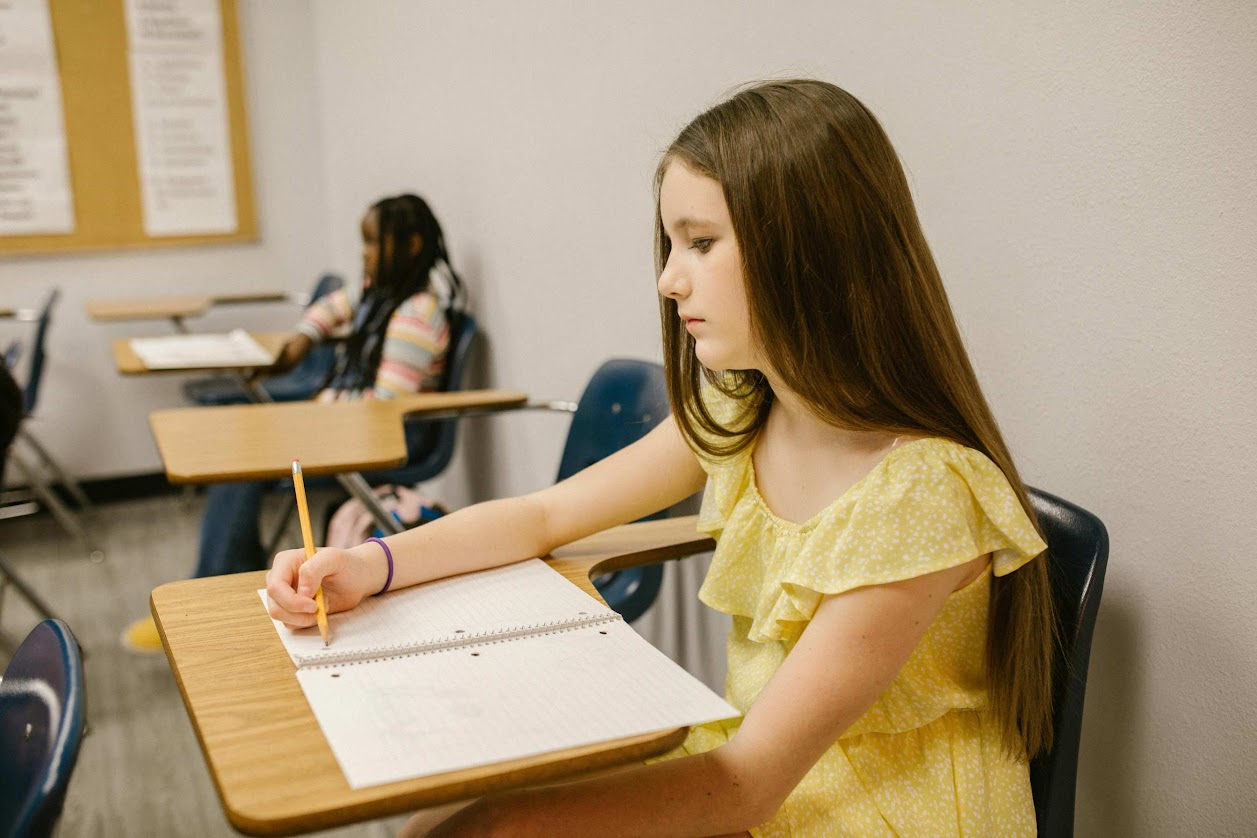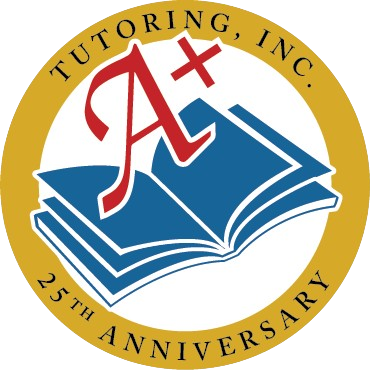Comprehensive Psychoeducational Evaluation
Comprehensive Consultation and Assessment for Psychoeducational Evaluation
Welcome to A+ Tutoring, Inc, your trusted partner in unlocking individual potential. Our comprehensive psychoeducational evaluation services empower individuals, families, and communities to navigate life’s challenges with confidence and resilience. Through expert assessment, personalized guidance and supportive interventions we help you understand and address learning, behavioral and emotional needs.
Discover a collaborative approach that fosters growth, well-being, and success. Explore our services and let’s work together to unlock your child’s brighter future.
A psychoeducational assessment can help identify potential root causes of learning difficulties and will create a planned approach tailored to the student’s educational journey. Each assessment will include a full report of the requested evaluation.
1. Early assessments can be provided for students as young as age 5 years old.
- Cognitive Evaluation (i.e., an IQ test: WPPSI-IV, WISC-V, KABCII:NU)- used to measure intellectual functioning or how your brain processes information
- Achievement Assessment (i.e., WJ-IV, KTEA-3, WIAT-4, FAR, FAW, FAM)- an assessment tool used to measure a student’s knowledge, skills, or competencies in a specific subject area
- Behavioral Assessment (i.e., Conners4, BRIEF-2, BASC-3)- a measure used to observe, describe and explain various behaviors at home and school
- Adaptive Functioning (i.e., ABAS, Vineland)- an evaluation to determine the ability to adequately demonstrate personal independence and social management relative to one’s age range or environmental expectations

2. The following are available areas of assessments:
a. Gifted
Most schools have a gifted program to provide academic and other support. The Florida Department of Education (FLDOE) defines gifted students as those who have superior intellectual development and are capable of high performance.
- Is the Student always curious and asking a lot of questions?
- Likes to explore and has a creative mind
- Likes academic challenges and puzzles
- Expansive vocabulary compared to his friends

b. Learning Disorder
Conditions may include Dyslexia or Dyscalculia or Dysgraphia. Specific learning disabilities are one or more of the basic learning processes involved in understanding or using language, spoken or written, that may be affecting the ability to listen, speak, read, write, spell or solving math problems.
- Student struggles remembering letters and sounds
- Is challenged reading familiar words
- Repetition of the same lesson is not working
- Difficulty forming words correctly, like reversing sounds and confusing words that sound similar
- Difficulty writing down ideas and thoughts
- Numbers and solving math problems is challenging

c. Attention Deficit Hyperactivity Disorder (ADHD)
ADHD is defined as a persistent pattern of inattention and hyperactivity-impulsivity that interrupts the development of the child. This can be predominantly inattentive, hyperactive impulsive or a combination of both.
- Difficulty paying attention and making careless errors
- Does not appear to listen when spoken to
- Difficulty organizing activities and task
- Often fidgeting, tapping feet and hands
- Always active and misplaces things
- Tendencies to interrupt and blurt out unexpectedly

d. Autism Spectrum Disorder (ASD)
ASD refers to a broad range of conditions characterized by challenges with social skills, repetitive behaviors, speech and nonverbal communication. Students with ASD may also have a different way of learning, managing movements and paying attention. Here are some indicators:
- Child engages in repetitive motor movements
- Very particular about what they eat
- Restricted interest in hobbies and choice of toys
- Prefer to be alone, socially awkward
- Difficulty with transitions and/or changes in daily routines
- Sensitive to lights, sounds and clothes tags

e. Intellectual Disability
Can be caused by a variety of reasons. This condition interferes with brain development that can cause learning disabilities with a significant below average general intellectual and adaptive functioning manifested during the developmental period in certain situation with delays in academic skills.
Needs more assistance with tasks compared to others
- Difficulty communicating their needs
- Struggles with developmental functions like bathing, dressing and eating
- Continually behind by several grade levels in school in multiple academic subjects
- Delays in sitting up, walking, talking and toilet training

f. Mood Disorder
Depression or Anxiety or other mood disorders. An evaluation is appropriate to identify the areas impacting the student’s learning.
- Angry outbursts or periods of rage
- Physical or Verbally aggressive behavior toward others or property
- Behavioral problems at home and/or school
- Extreme irritability
- Mood extremes that can change quickly and are unpredictable
- Difficulty with regulating his/her emotions
Our team is excited to hear from you. Feel free to contact us for more details.

Newsletters
“Stay in the loop! Subscribe to our newsletter to receive the latest updates, exclusive offers, and exciting content straight to your inbox. Don’t miss out—join our community today!”
Hours
- Monday - 9:30am to 6pm
- Tuesday - 9:30am to 6pm
- Wednesday - 9:30am to 6pm
- Thursday - 9:30am to 6pm
- Friday - Appointment Only
- Saturday - Appointment Only
- Sunday - Appointment Only
2024 @ Copyright. All rights reserved. Managed by Cubify Digital.
